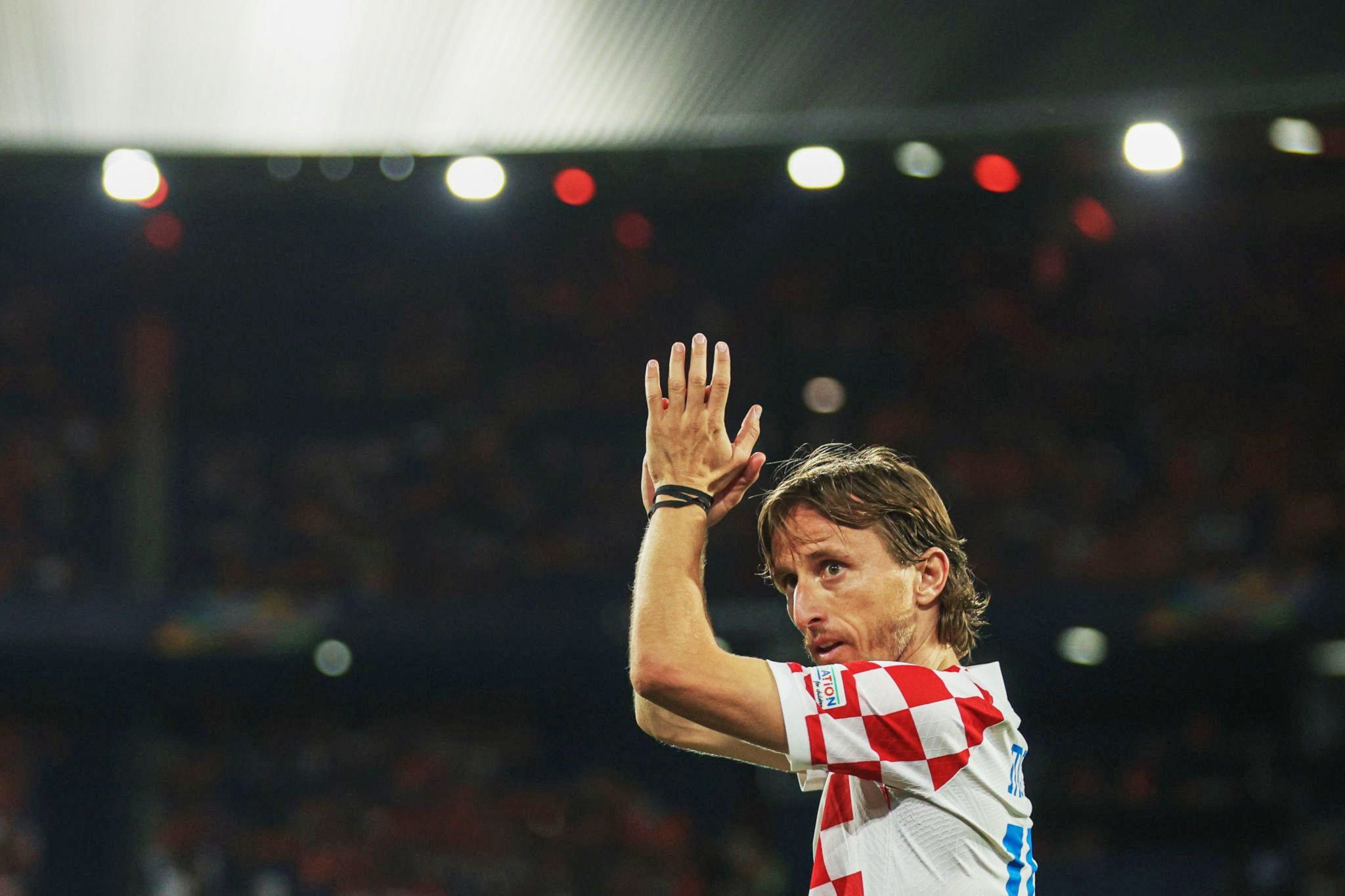
Five reasons why this tournament is pretty good.
In the third UEFA Nations League final, the national teams of Spain and Croatia will meet, and it is perhaps the main match of June: the Croatian team can win their first trophy in history, and Luka Modric can put a beautiful end to his story with the national team.
The attitude towards the tournament since its creation in 2018 has been different and often quite skeptical and even critical. Jurgen Klopp complained that players had more matches and called the competition "the most senseless in history." Kevin De Bruyne said that Nations League matches were "prestigious friendly games after a demanding season." They can be understood: many players play excessive matches and have little rest. But the Nations League has its advantages, and it is only partially correct to consider this tournament mediocre.
1.The impetus for national teams
UEFA promoted the tournament to increase the commercial attractiveness of national team matches because their official status automatically increases their value and attracts more viewer interest. The logic was and still is there: friendly matches are needed to give players game time, develop tactics, and test them. But such matches had absolutely no meaning for the spectators. Coaches still have the same opportunities with the Nations League, but the games have acquired new elements: interest, spectacle, and a sense of progress.
Being in a competitive state regularly allows teams to develop and approach European and World Cup qualifiers or the tournaments in a different form simply because the preparation takes place in a competitive environment.
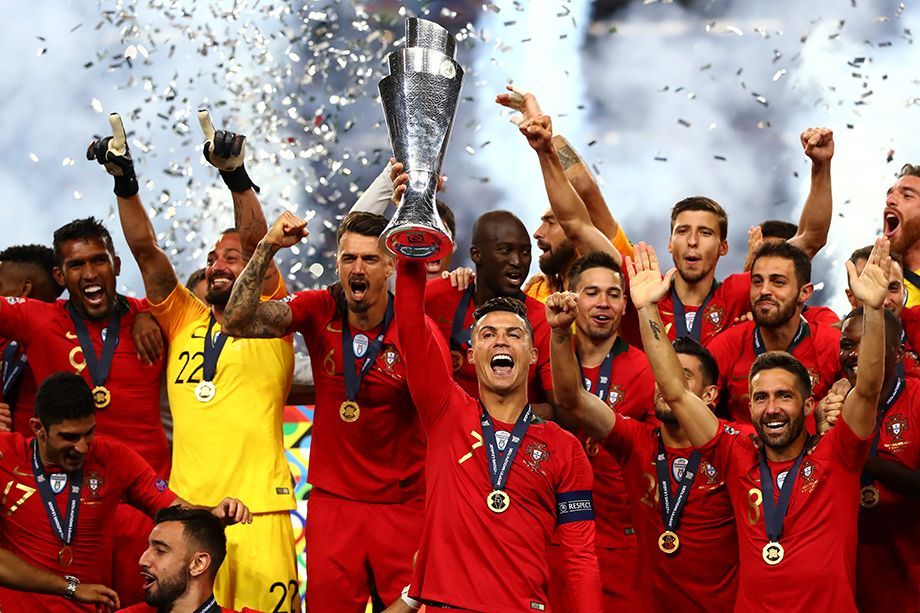
2.Chance for weaker national teams
The division into divisions became the main feature of the tournament: distributing teams into four leagues allowed the top teams to face each other, while weaker teams faced opponents of their level. And this is a plus for everyone because battling against those who can challenge you allows for development. There is no point in constantly defeating weak opponents, just as there is nothing good about facing top teams and losing to them every time.
Gibraltar national team forward Lee Casciaro agrees: "You want to play against strong teams – it's the dream of any child playing football. But playing against countries at the same level as you help to improve." The more you win, the better you become – at least because confidence grows.
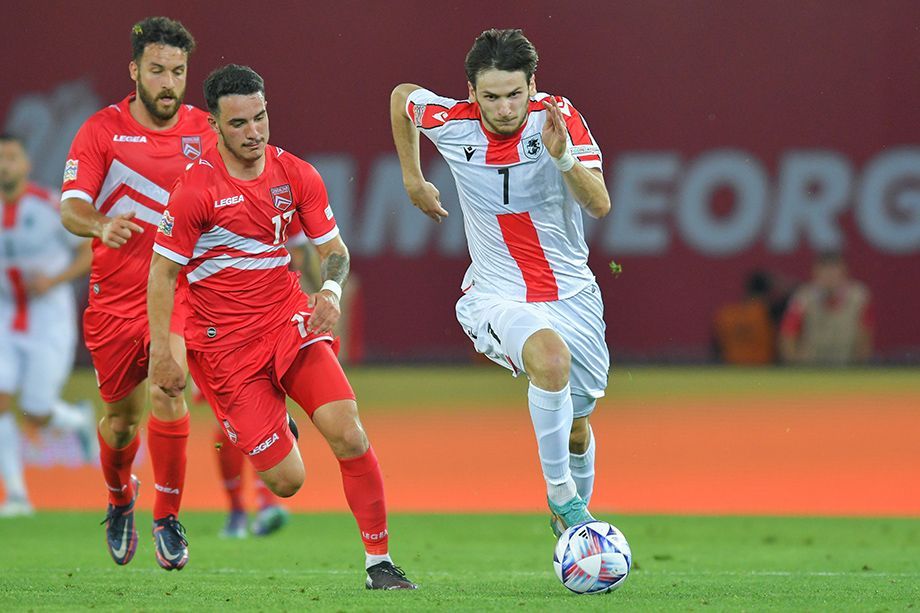
33 different countries have received at least one promotion since the start of the tournament, which only emphasizes that the Nations League is a good place for a leap forward.
-Georgia started in League D in the 2018/2019 season and will begin in League B in the 2024/2025 season.
-Hungary started in League C but immediately moved to League B and then twice to League A. They will also be in the top league in the next season.
-Israel started in League C and will be in League A next season. Scotland and Serbia have a similar story – the teams reached the elite in three seasons.
-Kazakhstan started in League D and has now risen to League B.
3.Opportunity to earn points
And facilitate the draw in the qualification for major tournaments. The Hungarian national team, perhaps the most impressive in these three Nations League seasons, has risen in the rankings from 51st to 33rd since 2018. This automatically moved the team to the basket with the most prestigious groups and, as a result, slightly eased the path in the World Cup and European Championship qualifiers.
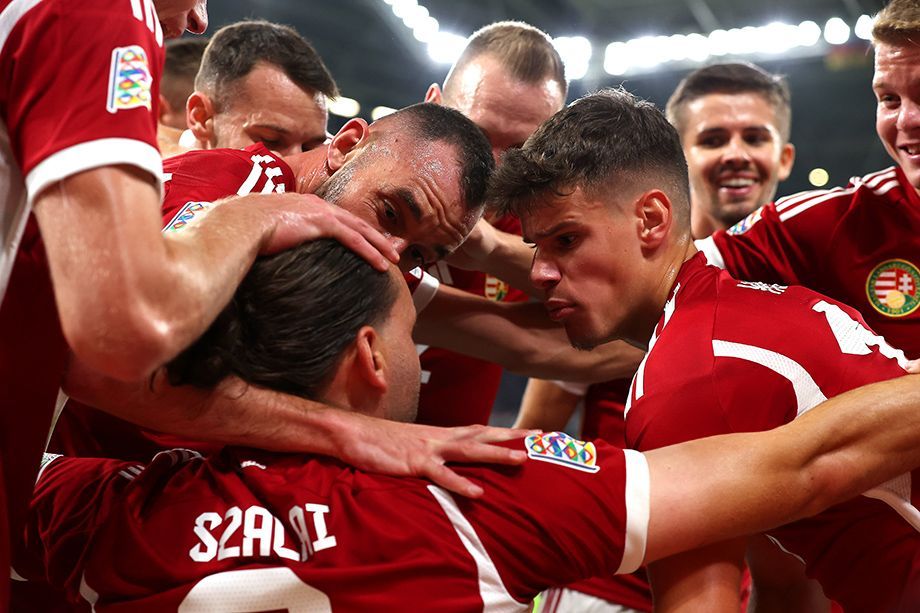
4.The tournament shows the current state of the teams
And it happens in real competitive conditions where national teams are incentivized to win. Look at how the Netherlands and Croatia battled – both teams didn't want to give up until the last moment, taking the game into extra time. And what about Modric, who is soon turning 38? He plays as if he's been playing for only a few years, not a couple of decades; Luka is burning with passion, motivated, and thirsty for victory. The match against the Netherlands was definitely at the level of the World Cup or the European Championship, if not better.
5.Croatia has the opportunity to win their first gold in history
The talented Croatian generation won silver and bronze at the World Cup but fell short of trophies. And now, Zlatko Dalic's team can add a gold medal to their trophy cabinet.
"We are going for gold," the coach said after the victory over the
Netherlands. "It's the only thing we don't have: we have silver, we
have bronze. Now we intend to get the gold that we lack."
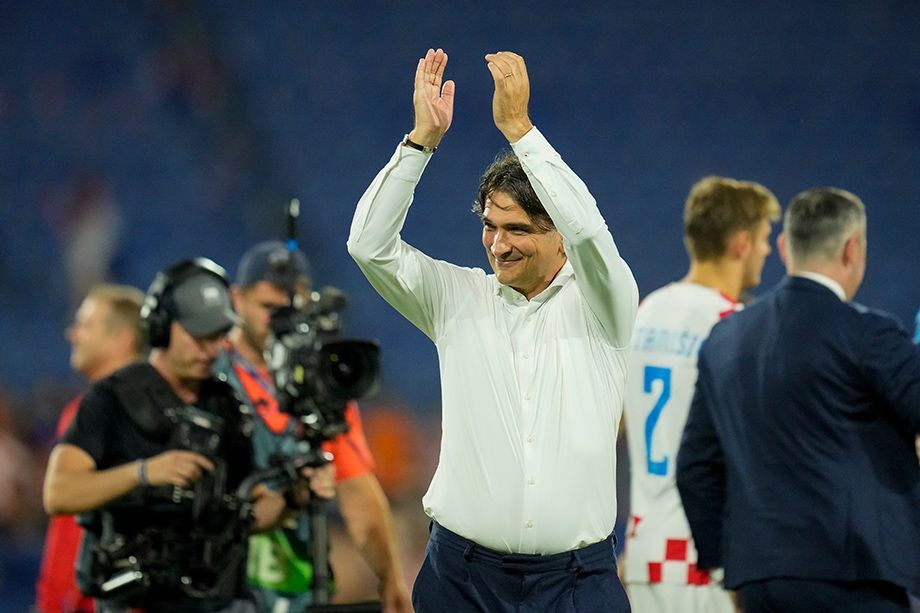
The Croatians are serious because this trophy has double value for them: it can be both the first and the last in Modric's career with the national team. Luka has stated that he has already decided about his future with the national team but will announce it after the final.
The main match of the 2023 UEFA Nations League will be decisive. And now it can only be considered a mediocre tournament with a stretch.
18.06.2023
